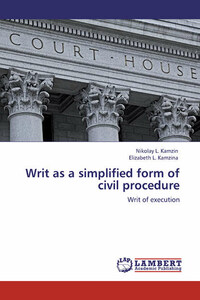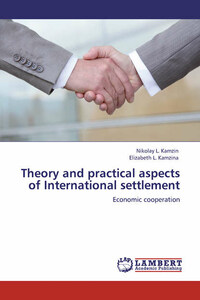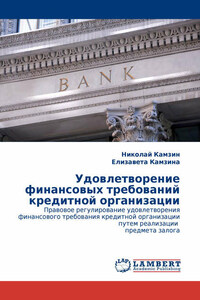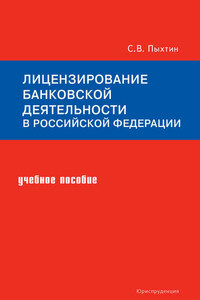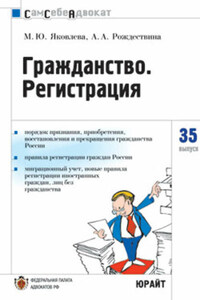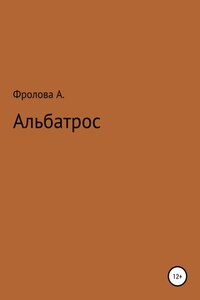From the content of the concept of «social contract» (Hobbes), in our minds is modeled following picture – people in a state of «Bellum omnium contra omnes»[1](the war of all against all), based on the basic instinct of «self» conclude an agreement on the formation of the NGO – State in which they, as founders, become citizens. The state provides them a stable and peaceful coexistence and development, and they support the functioning of the state through education of management and implementation mechanisms of power, through the funding of the structure.
Mechanisms for the implementation of government (the main issues addressed in the state) – the rules of conduct in relation to the management of social processes. Governments and citizens – subjects of these relations. Content of their powers and are of corresponding security measures.
With the development of the state, it highlighted the scope of citizens, there are external contacts. Citizens are becoming more of freedom in their activities because of their presumption civilized behavior. And the state due to the presence of an obligation arising from an «agreement» provides the mechanisms to maintain stability.
The Company was formed, and secondly, due to the proprietary instincts of man (first of all, thanks to self-preservation instinct). Д.В. Дождев on the contumacy property and personality, wrote: «The property constitutes the subject of legal communication – free individual, providing him financial independence»[2].
The right of ownership is the most important concept. Legislator in the Basic Law is reflected in Part 2 of Art. 8 and Part 1 of Art. 35.
According to Part 3 of Art 35 Russian Constitution, no person shall be deprived of his possessions except by court order. To implement the law properly, you need a mechanism that in view of the characteristics of the violated rights would restore balance to the relationship.
The relevance of the research topic due to the fact that the institution of a court order and is by this mechanism. This is a simplified view of production cost in the aspect of time and money, undeniable. With the help of a violation of law arising out of legal relationships that are settled in private, and some other method, is drawing attention of the state and claimed by the creditors to recover from the debtor's money or personal property.
In the author's attention is focused on the following issues: the history and development of the injunction and its essence, the base issue the injunction, writ stage of production.
The topic chosen by the author due to the fact that the implementation of the writ of the Institute is very common in practice, especially in the present reality. At the stage of the economic boom was reversed production, which certainly does not negate the right of the claims of creditors against debtors in default.
The object of research – Institute of injunction as a kind of judicial decisions on certain civil legal cases to the absence of a dispute between the parties.
Purpose – to explore the history of the institute injunction, as a form of summary proceedings, to determine its concept and essence, the structure of the injunction as the court decision. Analyze reasons issuance of the writ. Select and explore stages of production clerk, as a mechanism for implementing the writ of the Institute.
Predetermined objective need of the following tasks:
– explore the writ in the historical aspect;
– define the concept and essence of the writ;
– define the structure of the injunction as the court decision;
– identify and analyze reasons issuance of the writ;
– identify and explore the stage production clerk.
The extent of investigation of themes and terms of references: the minds of humanity modeled different mechanisms of regulation of relations in society, including ways to resolve situations that violated the right of one of the subjects. Explorations of these issues are devoted to the works of many scholars that present different positions. A valuable source for the preparation of the study were the work of such famous scientists as: П.В. Алексий,В.Н. Аргунов, М.В. Арканников, Ю.А. Грибанов, Л.П. Григорьева, О.Н. Диордиева, И.В. Емельянова, С.К. Загайнова, К.П. Змирлов, О. А. Исаенкова, В.А. Козбаненко, М.И. Костоева, Е.П. Кочаненко, Г.А. Малумов, К.И. Малышев, А.В. Маркина, Н.Н. Масленникова, И.Б. Морозова, И.Б. Новицкий, И.А. Покровский, В.И. Решетняк, Т.А. Сальван, А.Е. Самсонова, Т.А. Сивак, В.Н. Татищев, М.К. Треушников, Д.А. Туманов, М.А. Черемин, И.Е. Энгельман, А.В. Юдин, В.В. Ярков.
Theoretical and methodological basis of study is determined by modern methods of cognition of phenomena and processes of legal validity. The study used as a general scientific (dialectical system) and private (formal and legal, logical, and comparative legal) methods.
The theoretical significance lies in the research institute of the court order in a historical perspective, in terms of its appearance and development, the definition of its essence and necessity of society and state.
The practical significance of the study is to analyze the grounds for issuing the writ and the writ of stages of production.
In the text of the study includes a list of references containing 65 items.
